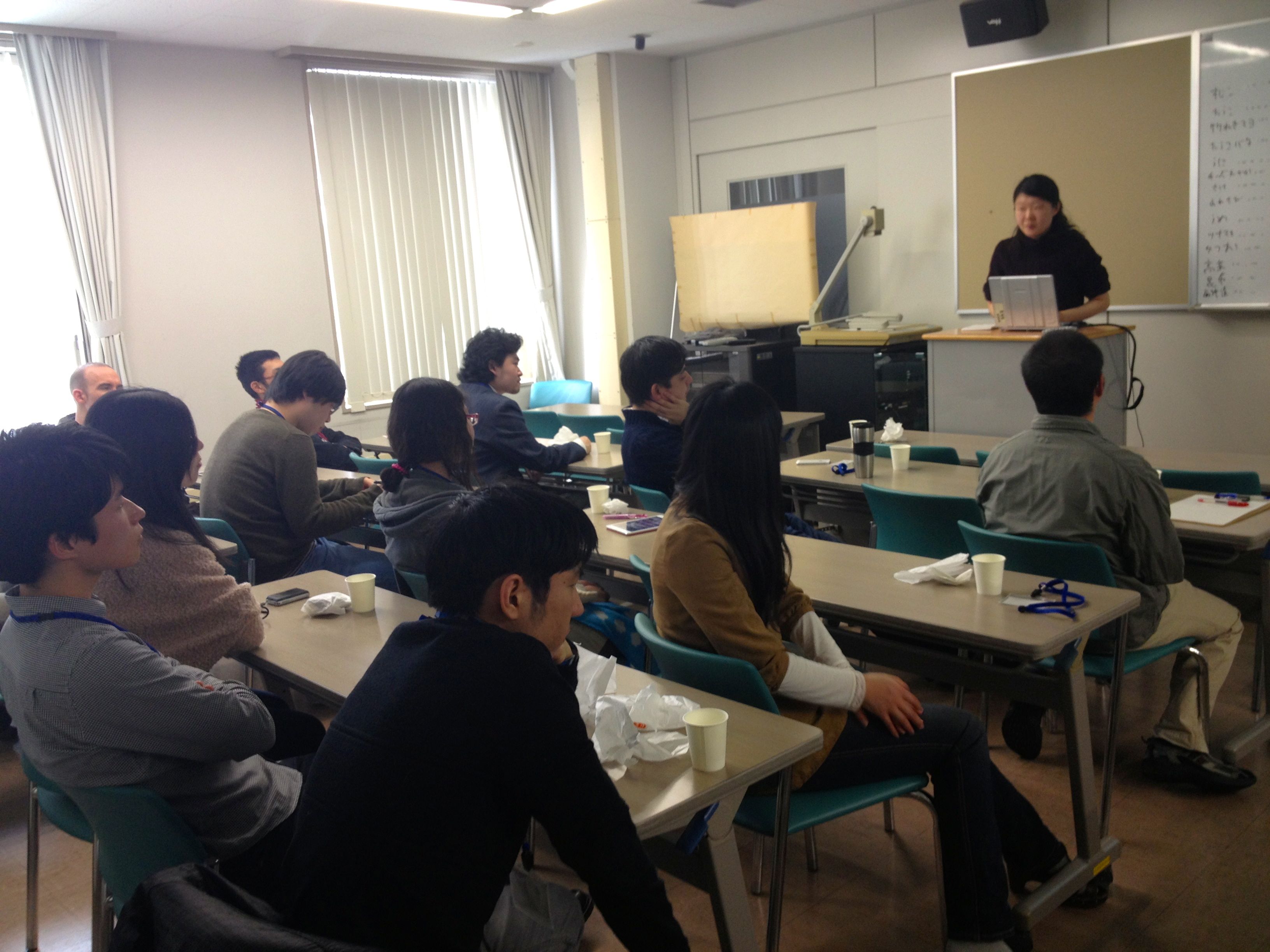- TOP
- ワークショップ
第2回SEFM 院生ランチョン
日時:2013年2月27日(水)
スピーカー: 韓 若康 (北海道大学 文学研究科 行動システム科学講座)
タイトル: Psychophysical time, the anomalies in intertemporal choices and probabilistic choices.


内容:
People exhibit inconsistent time preference in intertemporal choice (e.g. time preference reversal) and paradoxical risk preference in probabilistic choice (e.g. Allais paradox). The normative economic theory considered these behaviors as anomalies because they violate the assumption of rationality. The conventional economic models prevalently adopted objective magnitude of stimulus (e.g. calendar time) to predict time preference in intertemporal choice. However, people tend to use subjective magnitude such as internal represented time to make decisions. The introduction of logarithmic subjective time based on Weber-Fechner law was found to mitigate the degree of inconsistency in time preference. Furthermore, behavioral psychology posits that probabilistic choices are inherently time-relevant in that people required more trials for a longer time to win the lotteries with smaller probability. In other words, we need to wait longer for obtaining more uncertain rewards. Hence nonlinear subjective time may also influence our decision under uncertainty. In this study, we conducted experiments to demonstrate the effect of logarithmic psychophysical time on both intertemporal and probabilistic choices. We asked subjects to perform paper-and-pencil tasks of time and probability discounting and indicate their subjective magnitude of time until receipt of delayed/uncertain rewards by drawing lines on a 180mm scale. The results suggested that both time and probability discount functions were closer to the normative model when psychophysical time was introduced into the models. We concluded that distortion of subjective time from calendar time may cause anomalous behaviors in decision over time and under uncertainty. The relevance with behavioral economics and neuroeconomics will be discussed.
